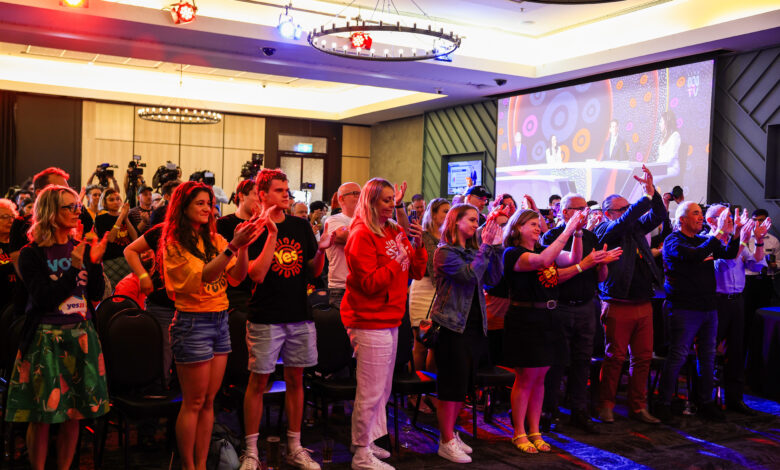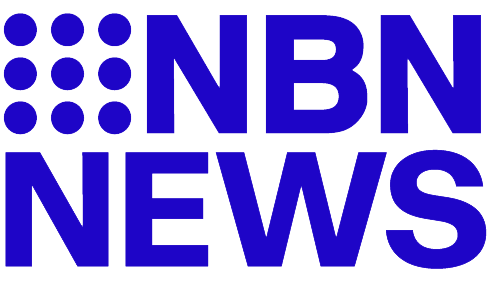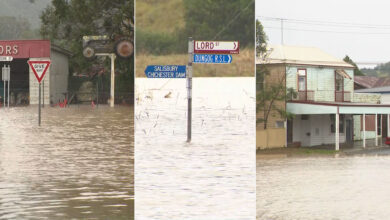Voice to parliament referendum fails to pass

The Indigenous Voice to parliament referendum will not pass, with Australians voting against enshrining the body and recognising First Nations peoples in the Constitution today.
Prime Minister Anthony Albanese said the defeat of the referendum “is not the end of the road” for attempts to address the disadvantages facing Aboriginal and Torres Strait Islander people.
“The issues we sought to address have not gone away, and neither have the people of goodwill and good heart who want to address them,” he said.

“And address them we will, with hope in our heart, with faith in each other, with kindness towards each other, walking together in a spirit of unity and healing, walking together for a better future for the first Australians.”
While the official result is still days away from being announced by the Australian Electoral Commission (AEC), a No vote across the country means the required double majority for the referendum to succeed is an electoral impossibility.
As of 10pm, there is no path to victory for the referendum with NSW, South Australia, Queensland and Tasmania all set to deliver a No vote, and the national Yes vote sitting at just 41 per cent.
The result in Victoria is edging towards a No vote, while results in the Northern Territory and early returns from Western Australia indicate those two jurisdictions have also voted No. The NT does not count towards the state element of the double majority
Albanese called on the nation to unite after a divisive referendum campaign, saying Australians needed to work to improve the lives of First Nations peoples.

“Just as I offered many times to cooperate with people from across the political spectrum on the next steps in the event of a Yes victory, I renew that offer of cooperation tonight,” he said.
“Because this moment of disagreement does not define us, and it will not divide us. We are not Yes voters or No voters.
“We are all Australians, and it is as Australians, together, that we must take our country beyond this debate without forgetting why we had it in the first place.
“Because too often in the life of our nation and in the political conversation, the disadvantage confronting Aboriginal and Torres Strait Islander people has been relegated to the margins.”

Opposition Leader Peter Dutton said he respected the decision of Yes voters, even if he disagreed with them, as he continued his criticisms of the Voice heard throughout the campaign.
“I respect your decision to have voted Yes,” Dutton said.
“At all times in this debate, I have levelled my criticism at what I consider to have been a bad idea – to divide Australians based on their heritage or the time at which they came to our country.
“The Coalition, like all Australians, wants to see Indigenous disadvantage addressed.
“We just disagree on the Voice being the solution.”
“And while Yes and No voters may hold differences of opinion, these opinions of difference do not diminish a love for our country or our regard for each other.”
Opinion polls had consistently shown support for No had outweighed Yes voters in the months and weeks leading up to referendum day, and proved to be an accurate prediction of how the nation would vote.
That was despite a mammoth army of volunteers supporting the change – according to Yes23 director Dean Parkin, more than 80,000 contributed to the campaign today.
Julian Leeser, the Liberal MP who resigned as the party’s shadow attorney-general over its stance on the Voice, released a powerful statement once it became clear the referendum had failed to pass.
“To every Indigenous Australian I say, this was a vote about the Constitution, it was not a vote about you,” he said.
“It is an undeniable fact that you are our land’s first peoples and I honour you this night.”
Leading Yes campaigner Thomas Mayo told 9News supporters of the constitutional change had thrown everything at the referendum.
“There has been so much hard work and I don’t think that we could have done anything different,” he said.
“I think there will be analysis later and we will see what those numbers have to say, but one thing is for sure, the No campaign has run a dishonest campaign, a lot of disinformation.

“But for us we have done everything right, we told the truth about what this is: simply recognition and listening to Indigenous people.”
That claim was rejected by No campaign leader Warren Mundine.
“We hadn’t done anything wrong,” he said.
“We have been clear on our messaging and our honesty in this whole campaign… we always had faith in the Australian people, we always believed in Australian people.
“But what we’ve got to do now, whatever the final result is tonight, what we’ve got to do is wake up in the morning and we’ve got to pull together as a nation, pull together as people and actually do the hard yards that need to be done.”
The result continued the trend of referendums requiring bipartisan support to succeed; of the 45 votes to alter Australia’s Constitution, only eight have succeeded, all of which were backed by the government and opposition.





